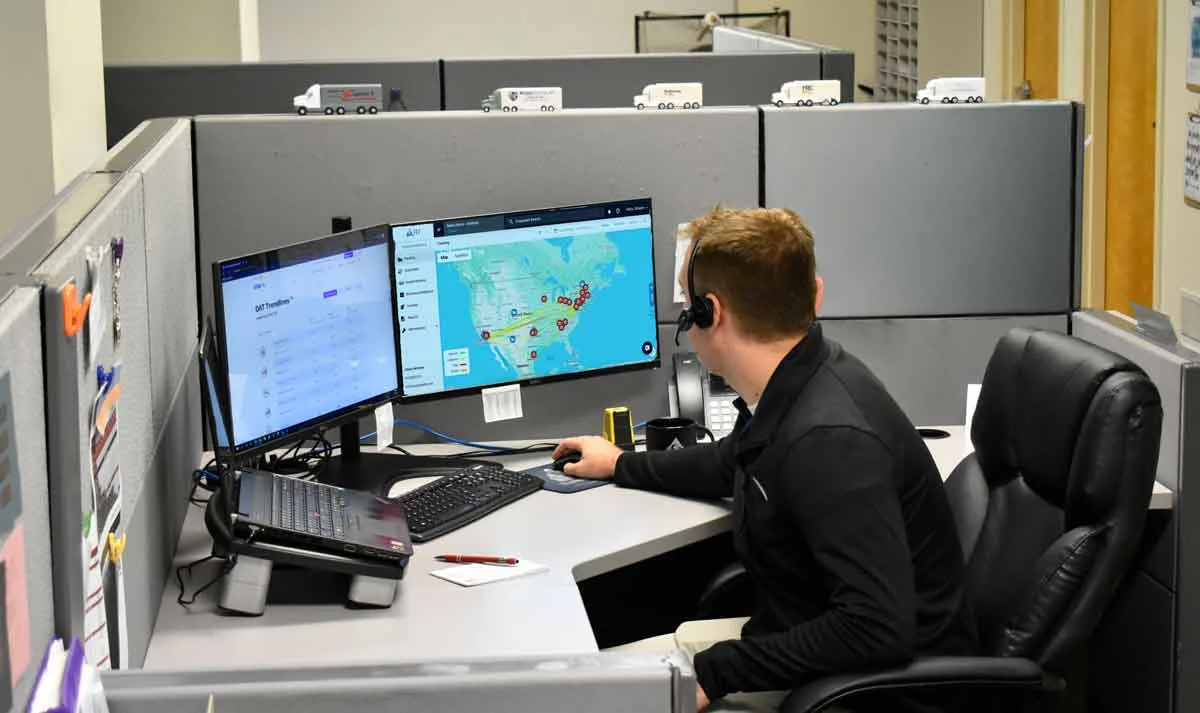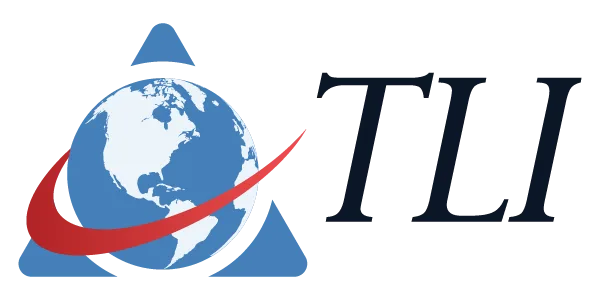
Transportation management companies play a critical role in modern supply chains. Shippers rely on these partners to streamline freight operations, reduce costs, and improve visibility. With competition rising and logistics becoming more complex, choosing the right 3PL makes all the difference.
What Do Transportation Management Companies Do?
Transportation management companies provide expertise, technology, and carrier relationships that help businesses move freight efficiently. They manage tasks such as:
- Carrier sourcing and rate negotiation
- Load booking and shipment visibility
- Freight invoice audit and payment
- Claims management and dispute resolution
- Business intelligence dashboards and analytics
By outsourcing these functions, shippers save time and resources while gaining access to advanced systems they might not afford on their own.
Why Businesses Partner With Transportation Management Companies
First, outsourcing transportation management reduces costs. Experts audit freight invoices, catch billing errors, and negotiate better rates. This ensures you only pay for what you ship.
Second, these companies improve efficiency. A transportation management system (TMS) automates booking, tracking, and reporting. As a result, shipments stay on schedule and customers receive timely updates.
Finally, transportation management companies provide scalability. As your business grows, they adjust capacity, technology, and services to match your needs. You avoid hiring more staff or investing in expensive systems.
How to Choose the Right 3PL
When selecting a transportation management company, consider these factors:
- Experience and Reputation – Look for proven results and positive client reviews.
- Technology – Ensure they offer a robust TMS with real-time tracking and analytics.
- Cost Transparency – Choose a partner that provides clear pricing and detailed freight audits.
- Risk Management – Verify that they vet carriers, manage claims, and maintain compliance.
- Scalability – Confirm they can support your business as it expands.
The Benefits of a Strong Partnership
Working with the right transportation management company creates long-term value. You reduce stress, lower freight spend, and gain better control over your supply chain. In addition, your team has more time to focus on core business goals instead of daily shipping exceptions.
Frequently Asked Questions about Transportation Management Companies
The cost of a TMS varies based on features, number of users, and shipment volume. Some providers charge a monthly subscription, while others price by transaction. Many transportation management companies provide free access to a TMS as an added-value feature. ViewPoint TMS is one example of this type of system.
A Transportation Management System (TMS) focuses on planning, executing, and optimizing freight moves. A Warehouse Management System (WMS) controls warehouse operations such as inventory, picking, and order fulfillment. Many businesses use both to streamline their entire supply chain.
The four main types of transportation are road, rail, air, and ocean. Each mode serves different needs depending on speed, cost, and cargo type. Transportation management companies often blend these modes to deliver efficient and cost-effective shipping solutions.
LTL (Less-Than-Truckload) moves smaller shipments that don’t fill a truck, sharing space with other shippers’ goods. FTL (Full Truckload) moves freight that fills the entire truck, offering faster, direct shipping. LTL is cost-efficient for small shipments, while FTL is ideal for large or high-volume loads.
